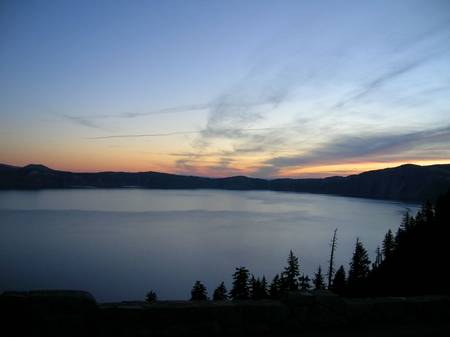Monday, May 14, 2007
7:30 a.m. I immediately started reading The Return of Lanny Budd last night. Well, I am not liable to read the (nonexistent) 12th volume!
Star Trek and Lanny Budd. Strange combination. Nearly nothing of my habitual mental world can be translated to others. The richness of it is invisible and certainly intangible.
All right, my friends, I am ready and willing. My batteries seem to be charged most early in the morning as soon as I am not sleepy but before emerging into “normal” life. So tell me the next step in talking about hog-ism.
You heard it, making coffee, but thought of it as a “stray thought” of your own. Stray thoughts? Why should be no-accident rule apply only to externals and not to internals?
All right, I concede that point. So talk about it. Continue reading Star Trek and Joseph’s “hog-ism”
